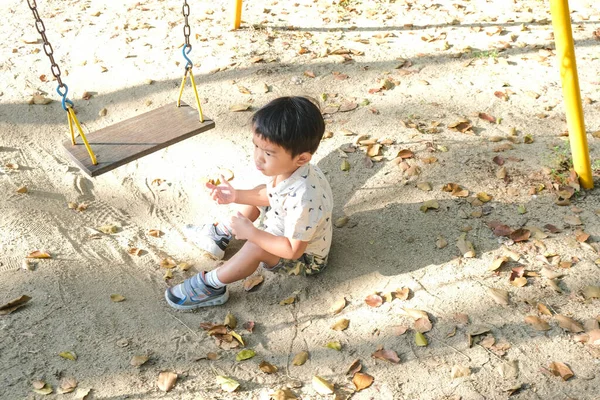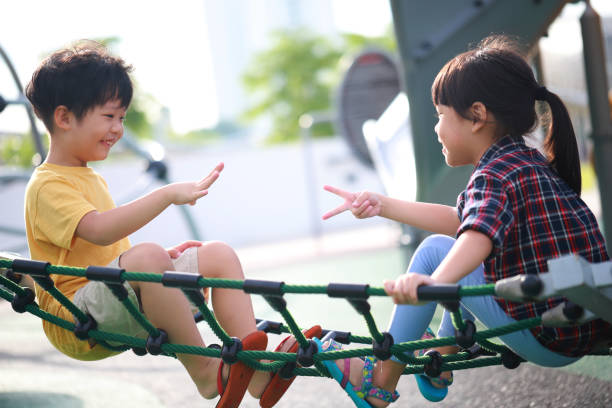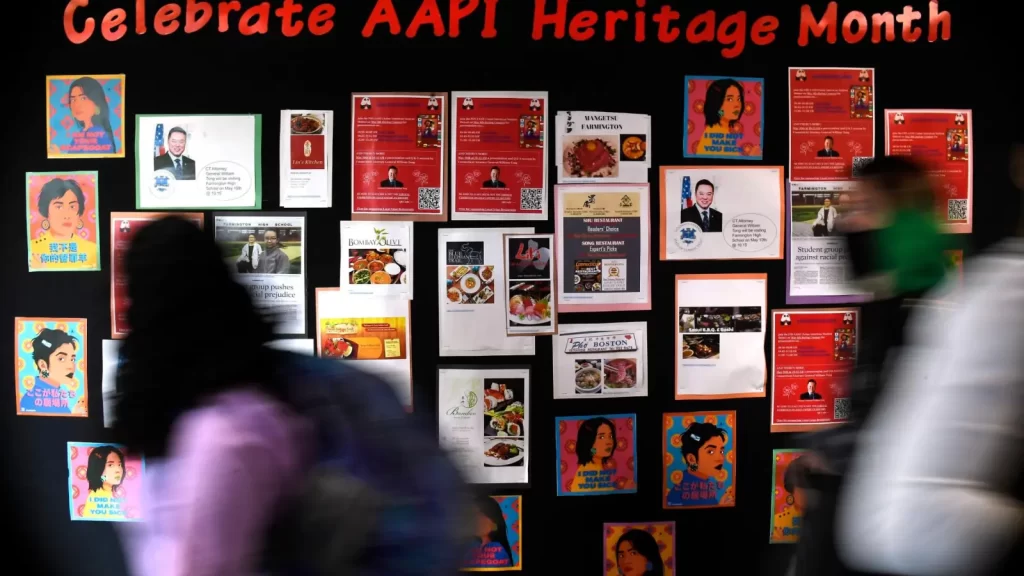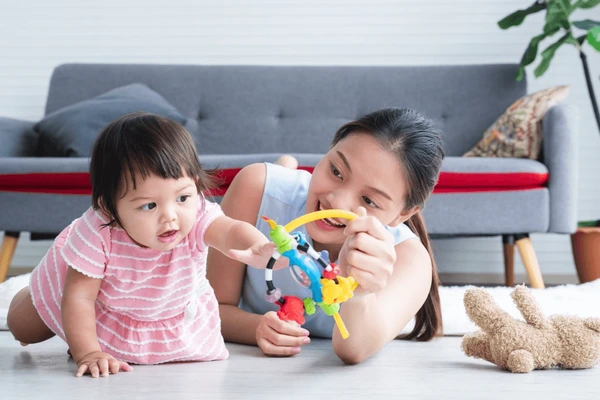We all dream of our children running happily through playgrounds, giggling with friends, and handing out birthday invites like candy.

So when your child avoids others, snaps at peers, or seems perfectly content playing alone for hours, it can hit hard. You might wonder—quietly, guiltily—What did I do wrong?
Let me reassure you: this isn’t your failure. It’s just a different starting point.
Every child has a unique social rhythm.
But if your child consistently struggles to connect—not just shy, but withdrawn, hostile, or emotionally distant—it’s worth paying attention. This isn’t about labeling or panic.
It’s about understanding what’s beneath the surface and how you, as a parent, can gently guide them toward connection.
Signs It’s More Than Just “Shy”
Lots of kids take time to warm up socially. Some prefer small groups. That’s normal. But here’s what might signal deeper challenges:
- They lash out when other kids try to play
- They avoid group activities—even with people they know
- They seem indifferent when someone is hurt or upset
- They repeatedly lose friends or push others away
- Their behavior hasn’t changed much over time, despite encouragement
It’s not about a single bad playdate—it’s about patterns. Patterns that isolate them, stress them out, or make them feel unsafe.
Why It Happens (And Why It’s Not Just “Their Personality”)
We love the idea of “quirky but fine.” It feels less scary. But when a child is consistently disconnected, there’s usually more going on than just being introverted.
Some root causes include:
- Emotional modeling at home: Kids mimic what they see. If home feels cold, critical, or overly strict, they may learn that emotions are risky—or that people aren’t safe.
- Inconsistent boundaries: When rules shift constantly, kids don’t learn how to trust or negotiate relationships. They protect themselves by checking out.
- Limited peer exposure: If they rarely interact with kids their age, they might miss key social development windows.
Here’s a personal example. One mom I spoke with grew up in a household where emotions were seen as weaknesses. Her own child, at age six, already flinched at hugs and scowled when peers cried. Not because he was cold—but because he simply didn’t know what to do with emotions, his or others’.
In many Asian households, especially, kids may be taught to prioritize respect, achievement, and obedience.
That’s not inherently bad—it’s cultural.
But it can lead to emotional restraint. If love is tied to performance or discipline overshadows play, some kids begin to believe that relationships are conditional. And that’s a tough belief to unlearn.
What You Can Do (Without Becoming a Social Expert)
You don’t need to be the most outgoing parent or sign your kid up for every soccer team. What your child really needs is you—present, intentional, and patient.
1. Start Tiny
Don’t throw them into a packed birthday party and hope for the best. Instead, invite over one kind, calm peer for 30 minutes of Lego building or a shared craft. Let them co-create the plan. Afterward, ask simple questions: “Did you like that part?” “Was anything tricky?”
You’re not pushing them—you’re giving them gentle reps.
2. Talk About Feelings (A Lot)
Kids can’t manage what they don’t recognize. Narrate emotions openly:
“I noticed you clenched your fists when they took your toy—were you mad or surprised?”
Let them hear you name your own, too:
“I’m feeling a little overwhelmed right now, so I’m taking a deep breath.”
Emotionally literate kids handle social hiccups better. They also learn that feelings aren’t dangerous—they’re just part of being human.
3. Make Home the Practice Field
Home is their first social playground. Let them take turns choosing dinner. Negotiate story time routines. Play board games where sharing, waiting, and losing gracefully all happen naturally. Even something as small as letting them help set the table builds a sense of teamwork.
Mistakes? Use them. Model repair. “I snapped at you earlier. That wasn’t fair. I’m sorry.”
Every apology teaches them something school can’t.
4. See Behavior as a Message
Instead of saying, “Why are you being so mean?” try, “Hmm, it looks like you’re having a hard time.”
 Sometimes hitting means, “I don’t know how to say I’m scared.”
Sometimes hitting means, “I don’t know how to say I’m scared.”
Refusing to play might mean, “I’m afraid I’ll mess up.”
When we dig beneath the surface, we stop reacting and start responding.
When to Get Extra Help
If your child seems completely shut off from others, shows no empathy, or becomes aggressive often, therapy might help—not just for them, but for your whole family dynamic.
There’s still stigma, especially in many immigrant communities, around seeking mental health support. But therapy isn’t defeat. It’s a tool. And using tools to build something better for your child? That’s not weakness—it’s wisdom.
Final Thoughts: Prioritize Connection, Not Perfection
Your child may never be the kid with 15 best friends. That’s not the point. The goal isn’t social ease—it’s emotional safety. It’s helping your child trust that people can be kind. That relationships aren’t traps. That even if connection is hard, it’s worth trying.
They don’t need to change everything about who they are.
Neither do you.
Parenting a child who struggles socially isn’t about fixing them—it’s about showing up, again and again, with love that doesn’t flinch. With curiosity instead of shame. With tiny steps forward that say, “You’re not alone. We’re figuring this out together.”
And if your child is somewhere in the middle of that messy journey—resistant, unsure, maybe even angry—you’re not behind.
You’re right where you need to be.
And so are they.








